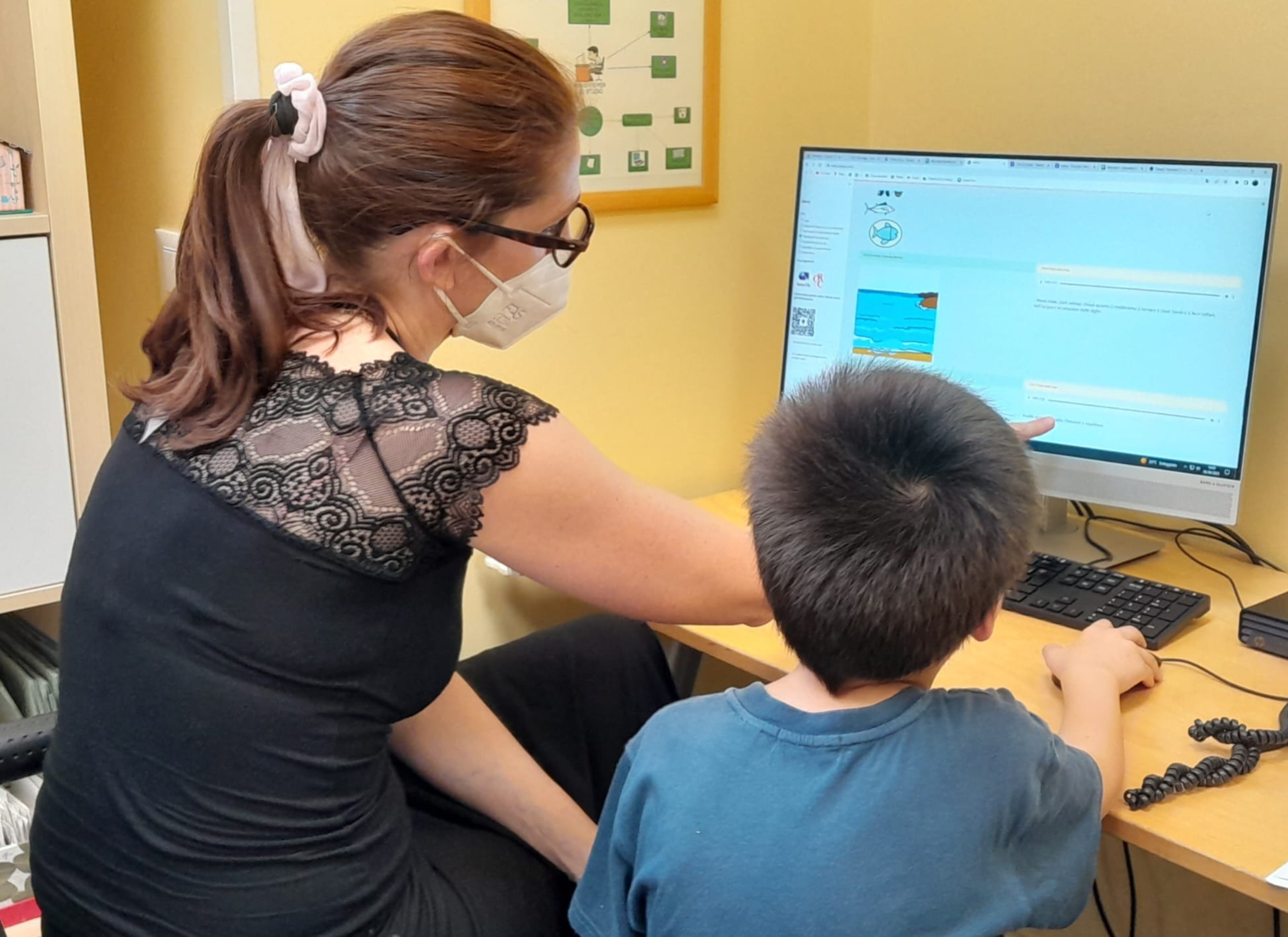Revolutionizing Education for *SEND Children: The Power of AI in Reading Comprehension (*Special Educational Needs and Disabilities)
What technological features can be incorporated into a new framework for reading comprehension to significantly enhance the reading comprehension skills for children with language disabilities?
Context
The right to qualitative, equitable and inclusive education is a human right. Every student, irrespective of their origin or abilities, should be able to achieve their education goals. Yet, significant differences and challenges persist, especially when it comes to children with special educational needs and disabilities (SEND). SEND students should have access to adequate support, key tools and resources, enabling them to succeed in their education path. Speech-language pathologists put significant effort into reducing progressively their difficulties in their daily job. These specialists support SEND students through the use of ad hoc games and personalized therapies. Nevertheless, significant challenges still exist across countries and social contexts. Consequently, “quality education” was added to the United Nations’ 17 Sustainable Development Goals to be reached by 2030. Moreover, during Covid-19, the discontinuation of non-emergency care, including speech and language therapy, had a substantial impact and forced the transition to online therapy practices. With few speech therapy centers offering online alternatives, people with learning disabilities remained even more isolated. This has highlighted the importance for speech and language therapists to have computer resources available to maintain the same standards of therapy at a distance.
What we do
At Sony CSL – Paris, we investigate how NLP tools can help achieve sustainability in education for SEND children. We decided to start by tackling Reading Comprehension rehabilitation. In fact, a strong reading comprehension ability is not only one of the cornerstones of a successful education but also we believe is a crucial skill for various aspects of our daily lives, both in the workplace and personal life. Nonetheless, text comprehension is a complex cognitive task that can prove challenging and frustrating for many children with learning disabilities. To help these children, we implemented ARTIS, a software, powered by Artificial Intelligence, designed to help children in need to process information found in written text. The software was developed from neuro-psycholinguistic models of reading comprehension, focusing on the linguistic components of text processing. ARTIS allows personalized practice on texts at different levels. Thanks to AI algorithms, the interface is able to automatically extract keywords, associate pictograms, identify more complex words, generate semantic networks, and propose exercises on certain grammatical components. ARTIS is aimed at primary and secondary school children with text comprehension difficulties, but can also be used as a support for L2, particularly in English. The aim of this work is to test whether AI, and in particular Natural Language Processing, can be a valid support tool for text comprehension from an inclusive and multimedia perspective. In this framework, we are setting up different collaborations with research entities and other organizations. One of these is the one we are launching with the CRC Research Center, a speech and language therapists center located in Rome.



